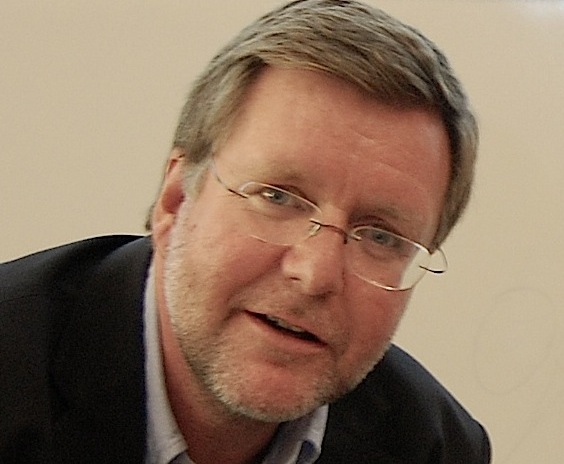
文安立(Odd Arne Westad)——英国伦敦经济学院国际历史学教授、 LSE IDEAS(伦敦经济学院国际事务、外交与 战略研究中心)主任、Bancroft Prize(美国历史学会(AHA)最高荣誉班克罗夫特奖获奖者。
《躁动的帝国:1750年以来的中国与世界》
Restless Empire: China and the World since 1750
Time:19 September 2014, 15:00-17:00
Venue: Zijingang Campus, Xi 3B-112 (Academy of Social Science)
浙江大学紫金港校区 西3B-112(社会科学研究院会议室)
承办:浙江大学公共管理学院政治学系
主讲:文安立(Odd Arne Westad),英国伦敦经济学院国际历史学教授、 LSE IDEAS(伦敦经济学院国际事务、外交与战略研究中心)主任
主持:余逊达,浙江大学公共管理学院政治学系教授,社会科学研究院院长
In this talk, prize-winning historian and expert on Chinese foreign relations Professor Odd Arne Westad examines China’s relationship to the outside world over the past 250 years, showing how the past will set the course for China's future.
As the twenty-first century dawns, China stands at a crossroads. The largest and most populous country on earth and currently the world's second biggest economy, China has recently reclaimed its historic place at the center of global affairs after decades of internal chaos and disastrous foreign relations. But even as China tentatively reengages with the outside world, the contradictions of its development risks pushing it back into an era of insularity and instability—a regression that, as China's recent history shows, would have serious implications for all other nations.
In this talk, Westad traces China's complex foreign affairs over the past 250 years, identifying the forces that will determine the country's path in the decades to come. Since the height of the Qing Empire in the eighteenth century, China's interactions—and confrontations—with foreign powers have caused its worldview to fluctuate wildly between extremes of dominance and subjugation, emulation and defiance. From the invasion of Burma in the 1760s to the Boxer Rebellion in the early 20th century to the 2014 standoffs in the South China Sea, many of these encounters have left Chinese with a lingering sense of humiliation and resentment, and inflamed their notions of justice, hierarchy, and Chinese significance in world affairs. Recently, China's rising influence on the world stage has shown what the country stands to gain from international cooperation and openness. But as Westad shows, the nation's success will ultimately hinge on its ability to engage with potential international partners while simultaneously safeguarding its own strength and stability.
Odd Arne Westad (文安立)is Professor of International History at LSE and Director of LSE IDEAS, the LSE's centre for international affairs, diplomacy and strategy. Professor Westad is both a historian and an expert on contemporary international affairs. He has a particular interest in China, where he first studied in 1979. Professor Westad has been instrumental in developing the LSE's links with China and especially with Peking University. Among his recent books are The Global Cold War, which won the Bancroft Prize, and Restless Empire: China and the World since 1750, which explores China’s foreign affairs since the mid-Qing dynasty, providing an historical framework for understanding the international behaviour of modern China. In 2013 Professor Westad published the 6th edition of The Penguin History of the World, a new world history for the 21st century.

